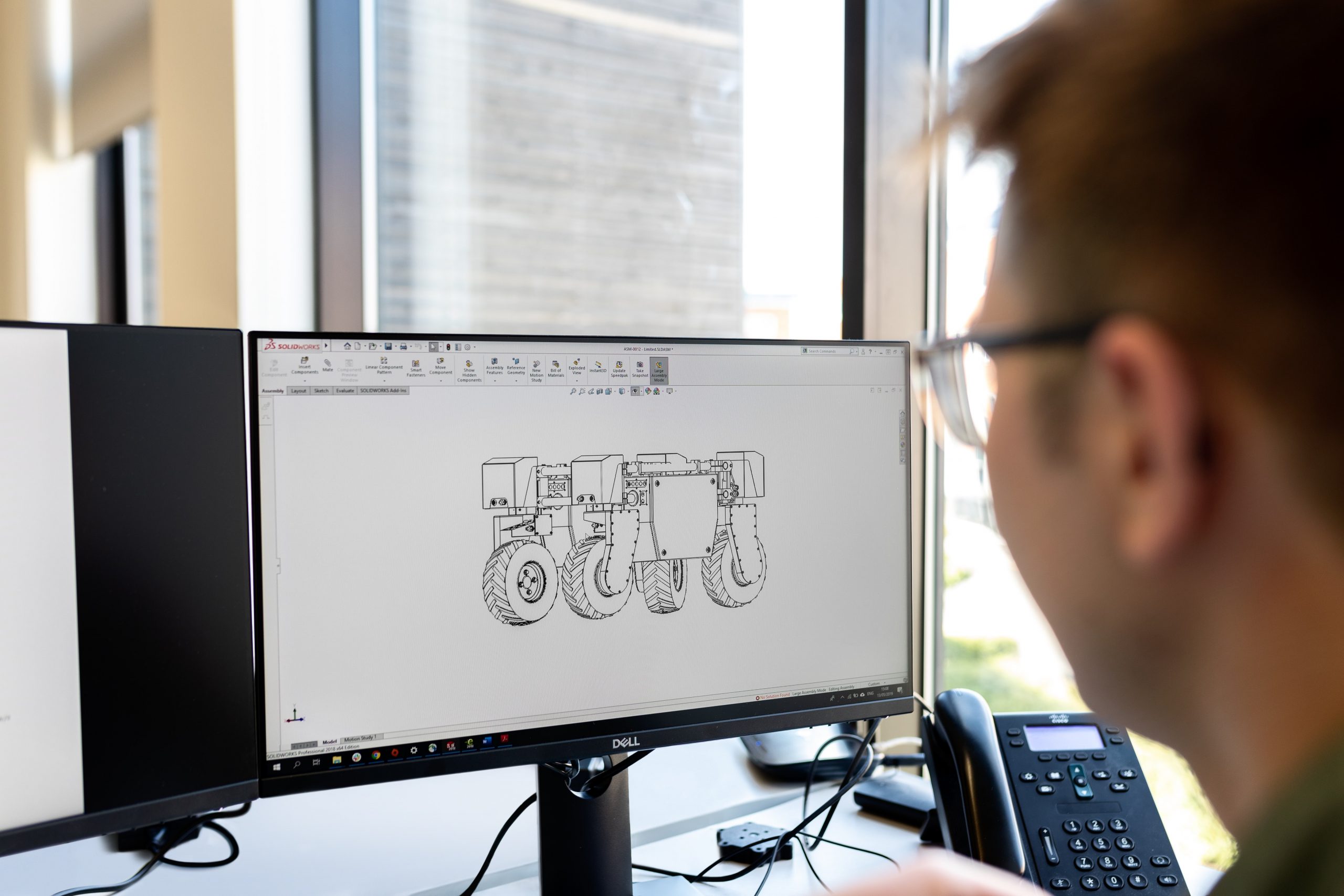Gen Z is struggling in the workplace. Research from McKinsey suggests that the newest working generation is more likely to report a wide range of factors impacting their ability to work effectively – and many businesses don’t have the infrastructure to understand how or why. Adrian Liew, co-founder of AI-powered engagement tool, OPPi, details the generational gap appearing in the workplace and why businesses must take the time to address it:
“The landscape of employee engagement is continuously evolving and the workforce is becoming more generationally diverse. As such, it’s more important than ever to understand the different attitudes, communication styles, and work preferences that each generation brings to the table.
According to recent studies by McKinsey, Generation Z (those aged 18 to 24) represents the newest entrants to the workforce, bringing new characteristics, preferences, and expectations to traditional workplaces.
This presents some of the most unique employment challenges to date. Trend analysis has shown that Gen Z is more likely to have multiple jobs, face financial insecurity, and report high rates of mental health challenges; all contributing to a generational gap in the workplace that must be addressed.
With trends like ‘Quiet Quitting’ growing in popularity, businesses can’t afford to overlook the needs of the new workforce and must take the time to understand how to best serve and utilise it.
Continued trend analysis shows that while Baby Boomers are more likely to value stability and security, millennials might value flexibility and work-life balance. The danger is, if workplaces fail to meet the differing needs of all generations, businesses will inevitably see negative consequences, like limited uptake for new roles, retention challenges, and reduced productivity.
Stood at this precipice, leaders must ask themselves: Are our current systems and methods sufficient to understand and address these unique challenges? Or is it time for a new approach?
Welcoming the newest, most diverse workforces requires dynamic tools to be able to understand the challenges and successfully integrate newer generations. Traditional tools have served businesses well with quantitative data. However, they are often only used in response to steps that have already been taken by management teams to gauge their own assumptions.
Not only this, but broader factors such as the time it takes to sort data, or inherent confirmation bias, means that traditional methods are quickly becoming dated metrics for cutting to the core of what workforces need to thrive.
This is where Generative AI comes in. With the right information, generative AI can assist employers in comprehending and interacting with their workforces in a more efficient and timely manner. The days of distributing surveys, analysing data, and sorting results to understand workforce dynamics are over. Generative AI can identify and address the distinct challenges and perspectives of employees from diverse generations, finding common ground in their feedback. By doing so, it can help overcome any biases or expectations that may hinder a broader understanding of the situation.
This means it can generate meaningful, human insight to help us to understand the unique challenges and perspectives of our employees – particularly those of different generations – and create a more conducive and inclusive workplace.
Modern tools for employers can analyse survey or focus group feedback in real-time, understand the sentiment behind it, and generate actionable insights. It can also provide a voice for entire workforces that reflects their feelings and responses. In doing so, it can help us understand the unique challenges facing a modern workforce and give us the knowledge to respond in a tailored and effective way.
From the perspective of empowering people through technology, dismantling and reapproaching these channels has been vital to discovering friction points in an effort to narrow the generational gap. At OPPi, we are exploring the potential of Generative AI to empower employees and invigorate businesses. While we are just one of many companies exploring this space, our work represents the broader potential of Generative AI in transforming our workplaces for both employers and employees. Not only does it give employees a voice; it can also create genuinely reflective insight into the concerns of the newer workforce and provide steps to create more productive and driven teams.
Leaders must embrace the potential of tools like Generative AI that can be used to help better understand and engage with our dynamic workforces. Only when we adapt can we create workplaces that are truly engaging, productive, and empowering.
The future of work is not just about automation and efficiency; it’s about people, engagement, and empowerment – and Generative AI could be the key to unlocking this future.”







